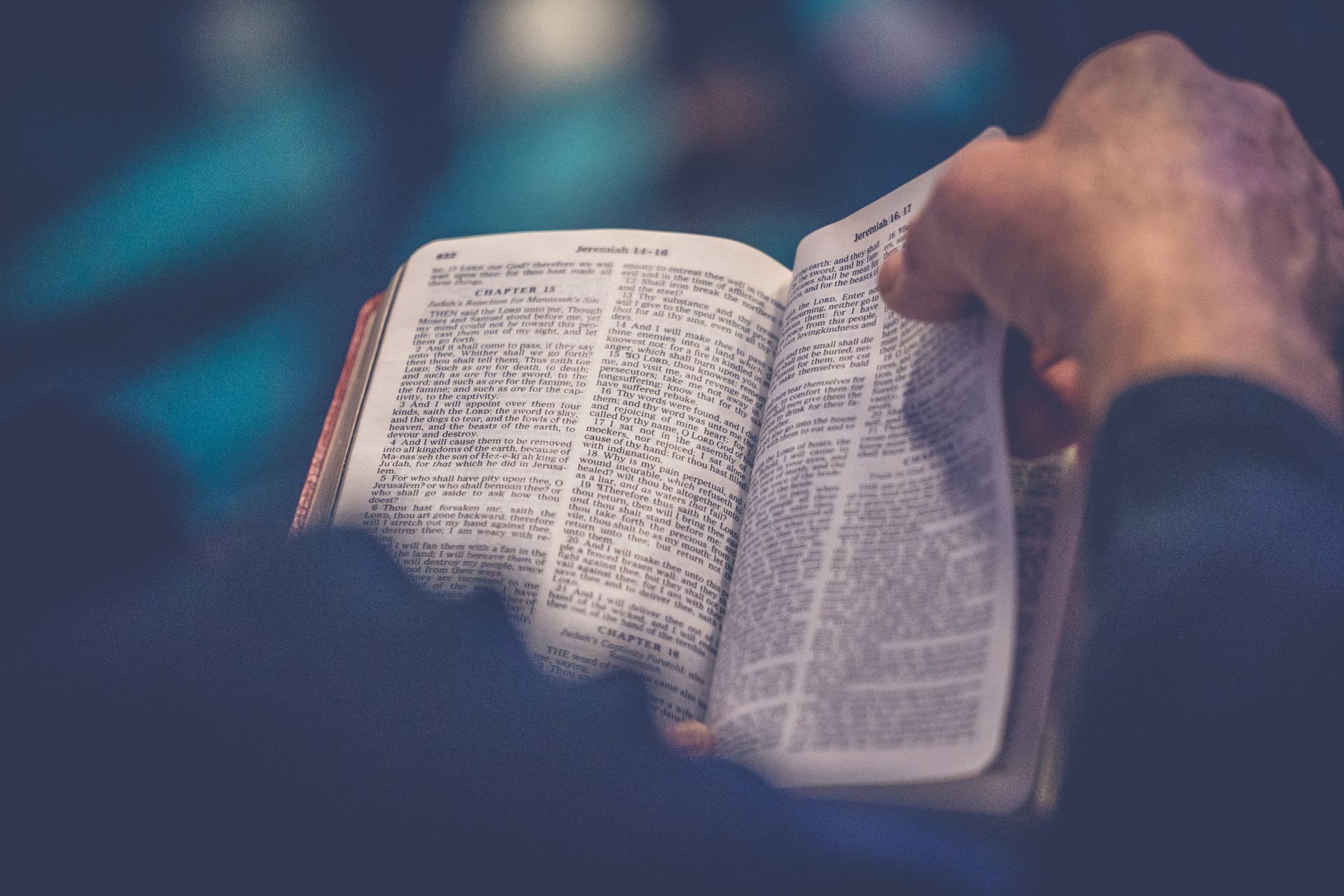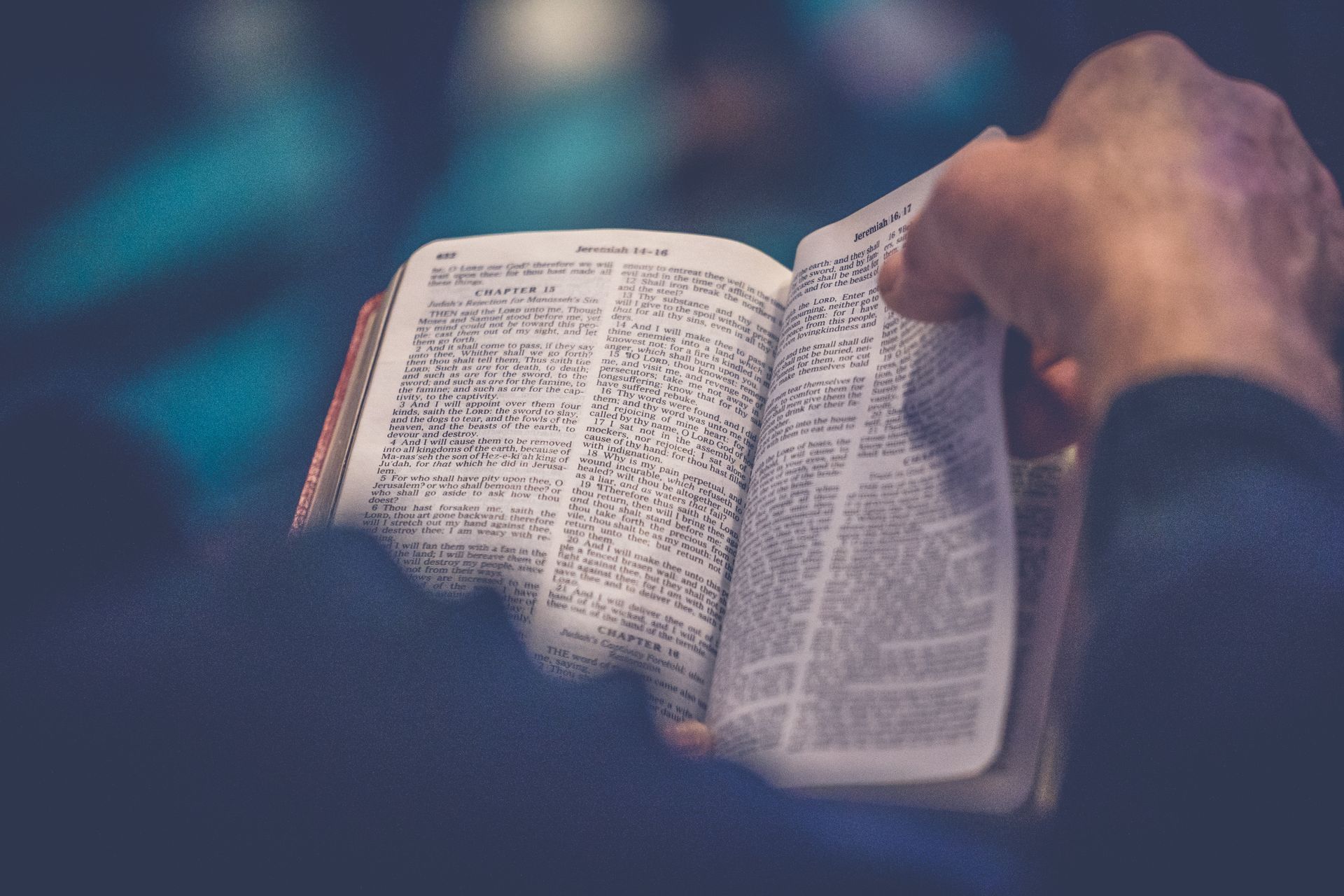Tuesday - April 23, 2024
SCRIPTURE
Genesis 11:1-9
Now the whole earth had one language and the same words. And as they migrated from the east, they came upon a plain in the land of Shinar and settled there. And they said to one another, ‘Come, let us make bricks, and burn them thoroughly.’ And they had brick for stone, and bitumen for mortar. Then they said, ‘Come, let us build ourselves a city, and a tower with its top in the heavens, and let us make a name for ourselves; otherwise, we shall be scattered abroad upon the face of the whole earth.’ The Lord came down to see the city and the tower, which mortals had built. And the Lord said, ‘Look, they are one people, and they have all one language; and this is only the beginning of what they will do; nothing that they propose to do will now be impossible for them. Come, let us go down, and confuse their language there, so that they will not understand one another’s speech.’ So, the Lord scattered them abroad from there over the face of all the earth, and they left off building the city. Therefore, it was called Babel, because there the Lord confused the language of all the earth; and from there the Lord scattered them abroad over the face of all the earth.
WORDS OF HOPE
Today is English language day; set aside as a day to recognize English as a somewhat ubiquitous language throughout the world. Think if you will about how a Chinese pilot landing a plane in Rio de Janeiro will speak to the control tower in English. Consider how many people consider the King James Version of the Bible to be the pinnacle of translations.
The discussion of the Bible and translations has come up several times in our small group. And during this sermon series on learning to love the Bible, it might be a good time to reflect on the number of translations into English that there are. The first English translation was the Wycliffe Bible. This Bible was created, contrary to the law of the church at the time which said the Bible in daily use had to be in Latin. Only advanced scholars and church authorities could read the original Greek or Aramaic. It was only after the Church of England broke away from the church of Rome that an authorized (King James Version) came into existence.
Translating the Bible presents no doubt some issues. Just as the English of King James has changed, so too had the ancient Greek changed. It is possible that the language of the gospels from the first or second century C.E. was not understood in the same way by the time of Shakespeare.
We see from the ancient story of the tower of Babel, that language can be a tool or a weapon. In his poem “the Stranglehold of English lit”, African poet Felix Mnthali speaks of English as a tool of colonization:
…. Eng. Lit., my sister,
was more than a cruel joke—
it was the heart
of alien conquest. …
For your devotional time today stop and think about words and how we use them. If you are a native English speaker, think about the language you grew up using. Take a moment and find your favorite Bible passage and see if you can read it in more than one English translation. Are there differences and are they significant? Most importantly, do they speak to you?
PRAYER
Loving creator, give us a heart of understanding what it is you would have us do with our lives and in our lives. Help guide our thoughts and our speech so that language becomes a tool of communication and not a weapon that we use to minimize, marginalize, or discriminate against others. May all our words, be words of love; for You are love.
DEVOTION AUTHOR
Weber Baker
Order of Saint Francis and Saint Clare
Need Some Inspiration? Read our Daily Devotions






